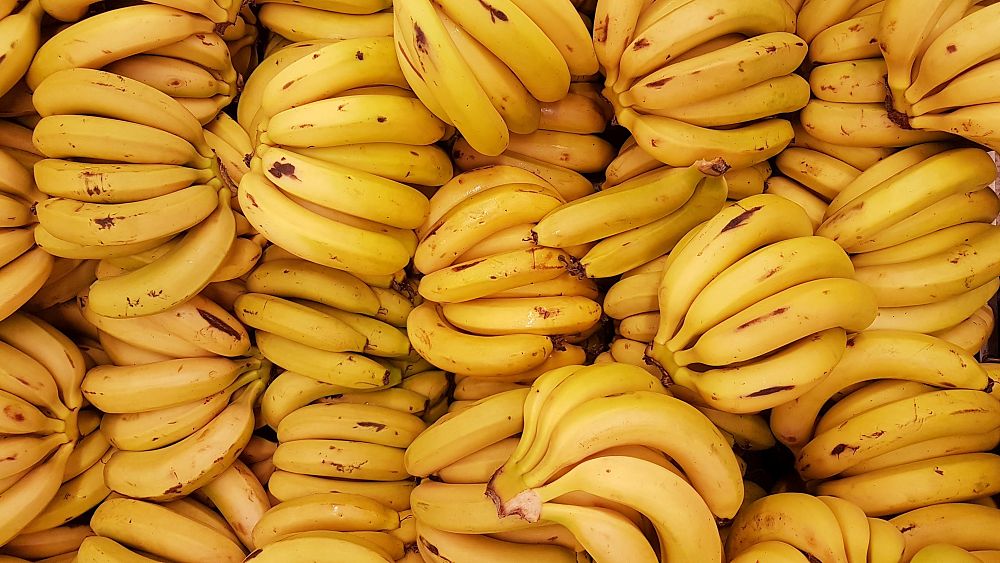
French farm workers poisoned by a cancer-causing pesticide will be able to claim compensation by the end of the year, a government minister said on Sunday.
France’s minister for food and agriculture Julien Denormandie said that a decree recognising prostate cancer as an occupational disease caused by the chemical chlordecone would be issued “before the end of the year”.
While chlordecone was banned in France in 1990, an exemption was granted that allowed the chemical to be used in the banana plantations of the French West Indies until 1993.
As a result, over 90 per cent of the adult population of Guadeloupe and Martinique are thought to have been contaminated by the pesticide, according to France’s public health agency.
Why now?
France’s overseas departments in Guadeloupe and Martinique have some of the highest incidence rates of prostate cancer in the world.
The link between chlordecone and cancer was confirmed in a report by the French National Institute for Health and Medical Research (Inserm) published in June, which highlighted a “strong presumption of a link between exposure to chlordecone in the general population and the risk of prostate cancer”.
A 2010 study on chlordecone exposure and prostate cancer found that the pesticide continued to have an effect on people in the French West Indies even after it was banned, as it did not degrade over time.
“Permanently polluted soils and waters have remained the primary source of foodstuffs contamination, and human beings continue to be exposed to this chemical,” the study said.
“There has been a legitimate demand, for a very long time now, from professionals, that prostate cancer be recognised as an occupational disease linked to the use of products, notably chlordecone,” Denormandie told the broadcaster France 3 on Sunday.
What will change?
By designating prostate cancer as an occupational disease, sufferers, survivors and their families will be entitled to claim compensation.
“The government is investing to repair the environment polluted by chlordecone. It is a €92 million plan that we are deploying,” Denormandie said.
The history of chlordecone has also shaped recent public responses to COVID-19 restrictions in the French West Indies.
Frustrations over the government’s mishandling of the toxic pesticide, led to widespread distrust of health guidelines, culminating in violent protests in Martinique earlier this month.
Many islanders do not support the idea that health workers must be vaccinated, while the COVID passport barring the unvaccinated from entering bars and restaurants has also proved to be unpopular.











